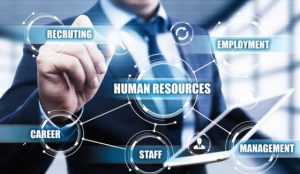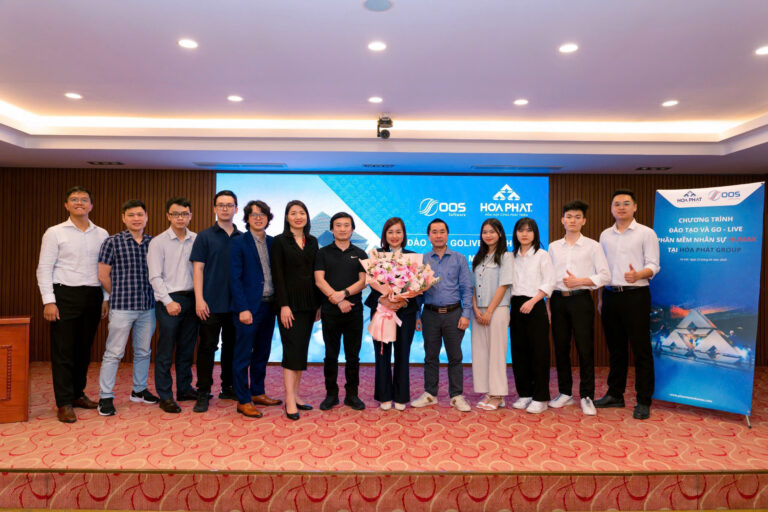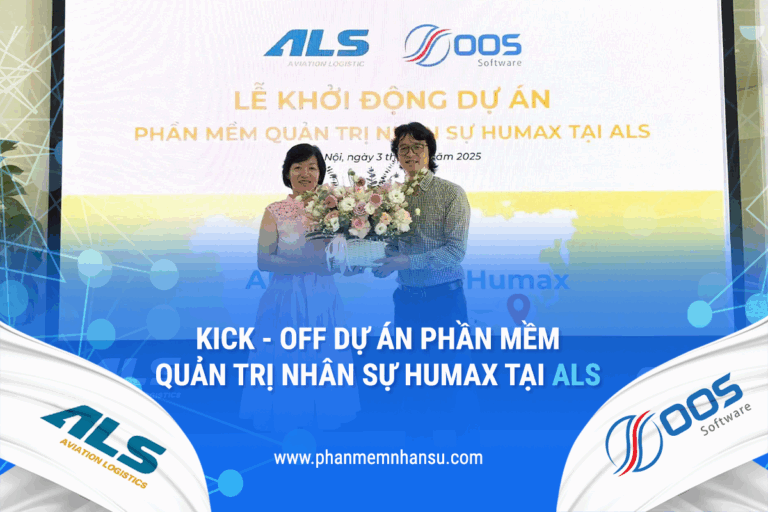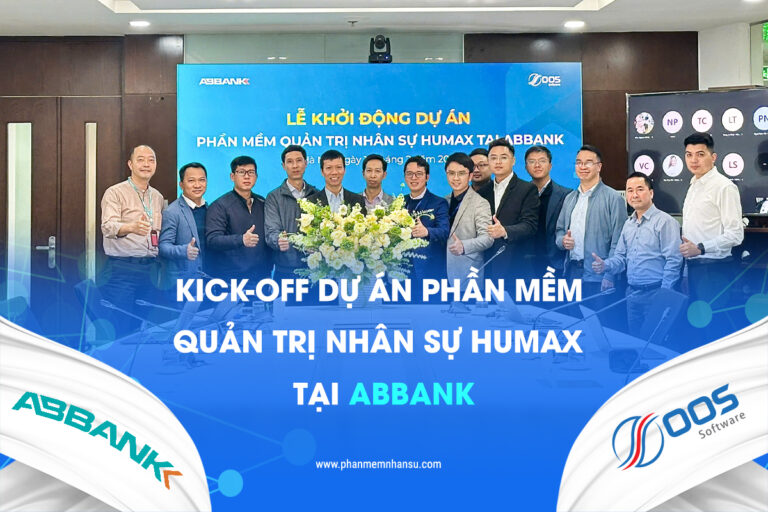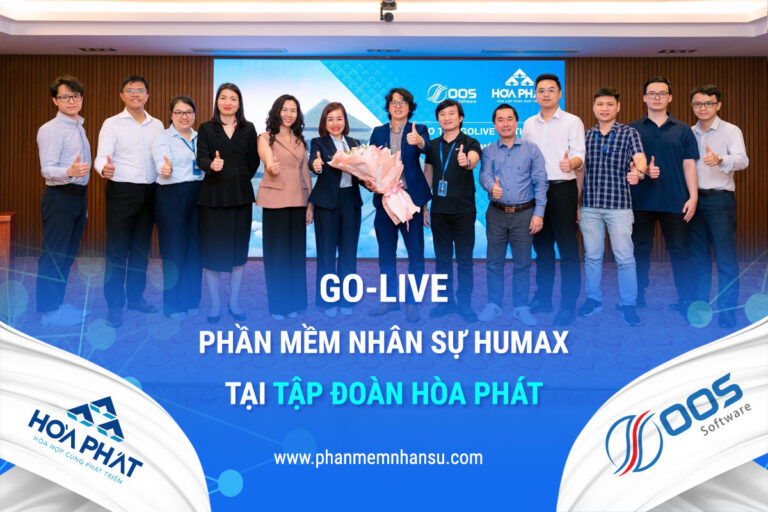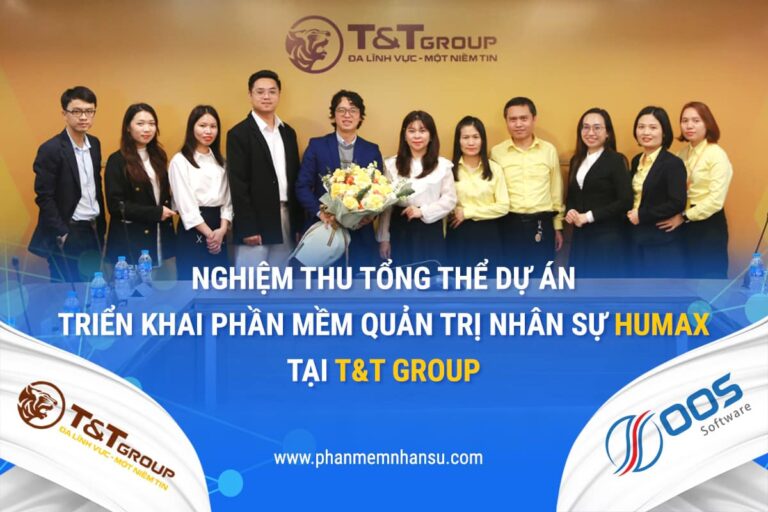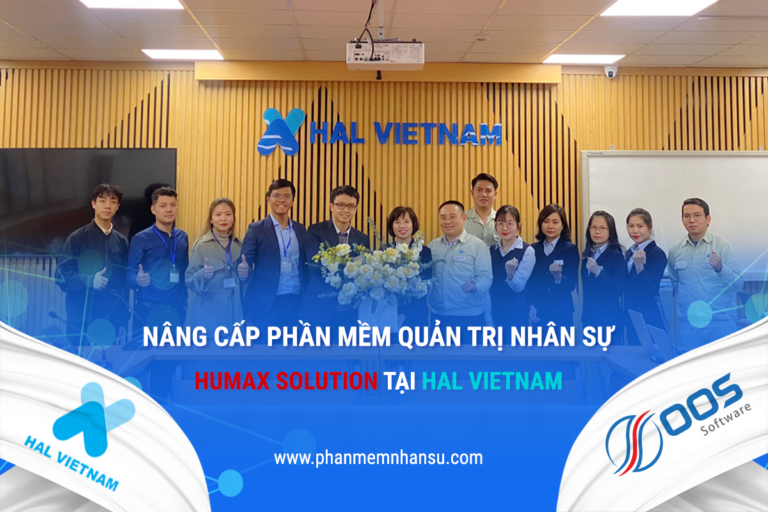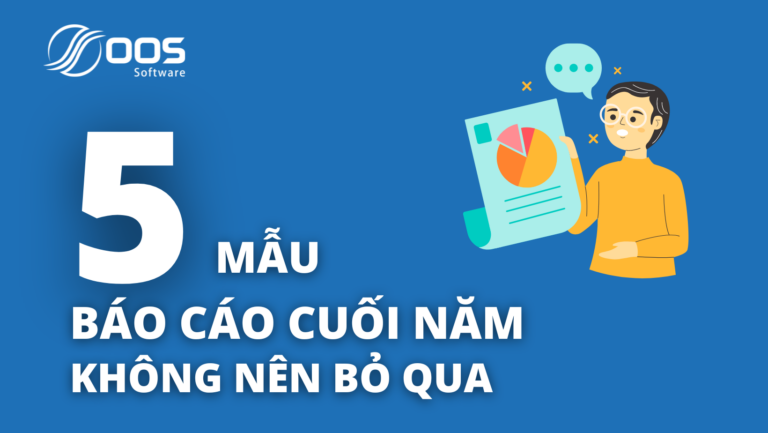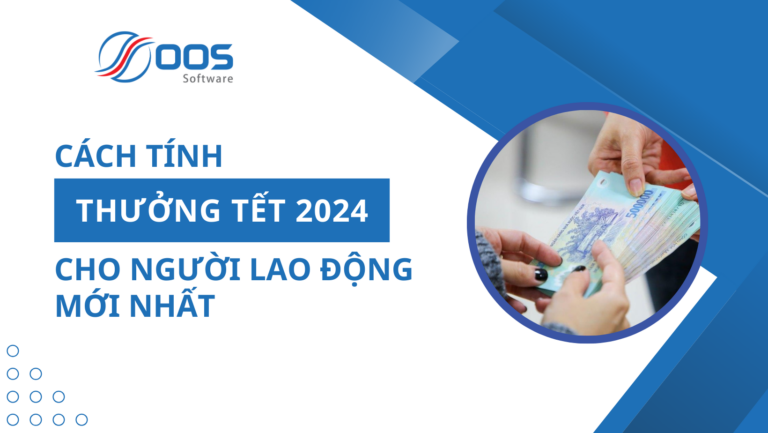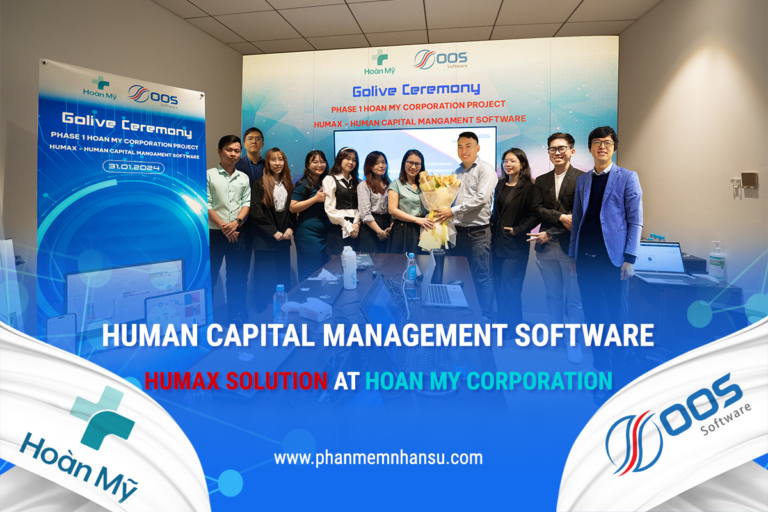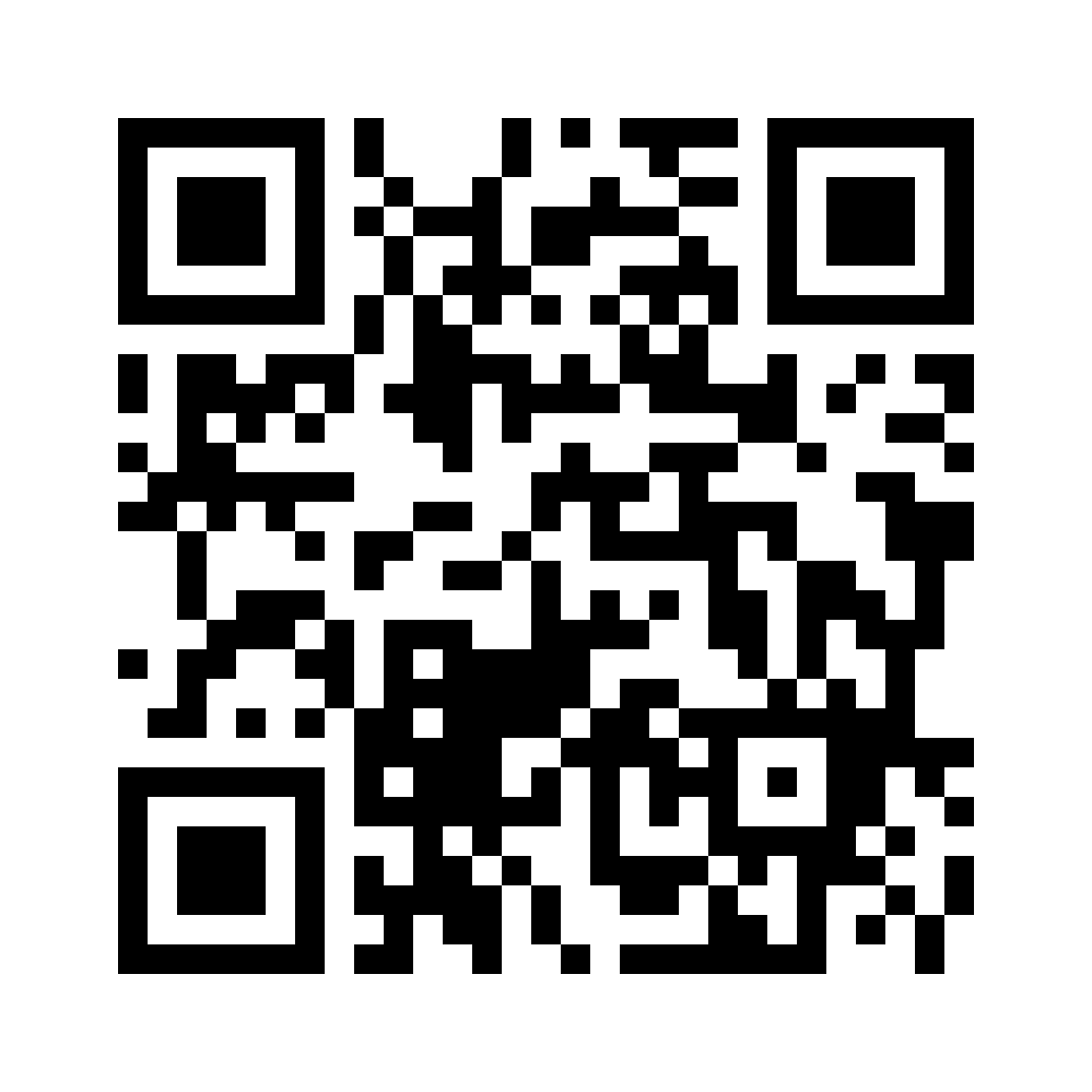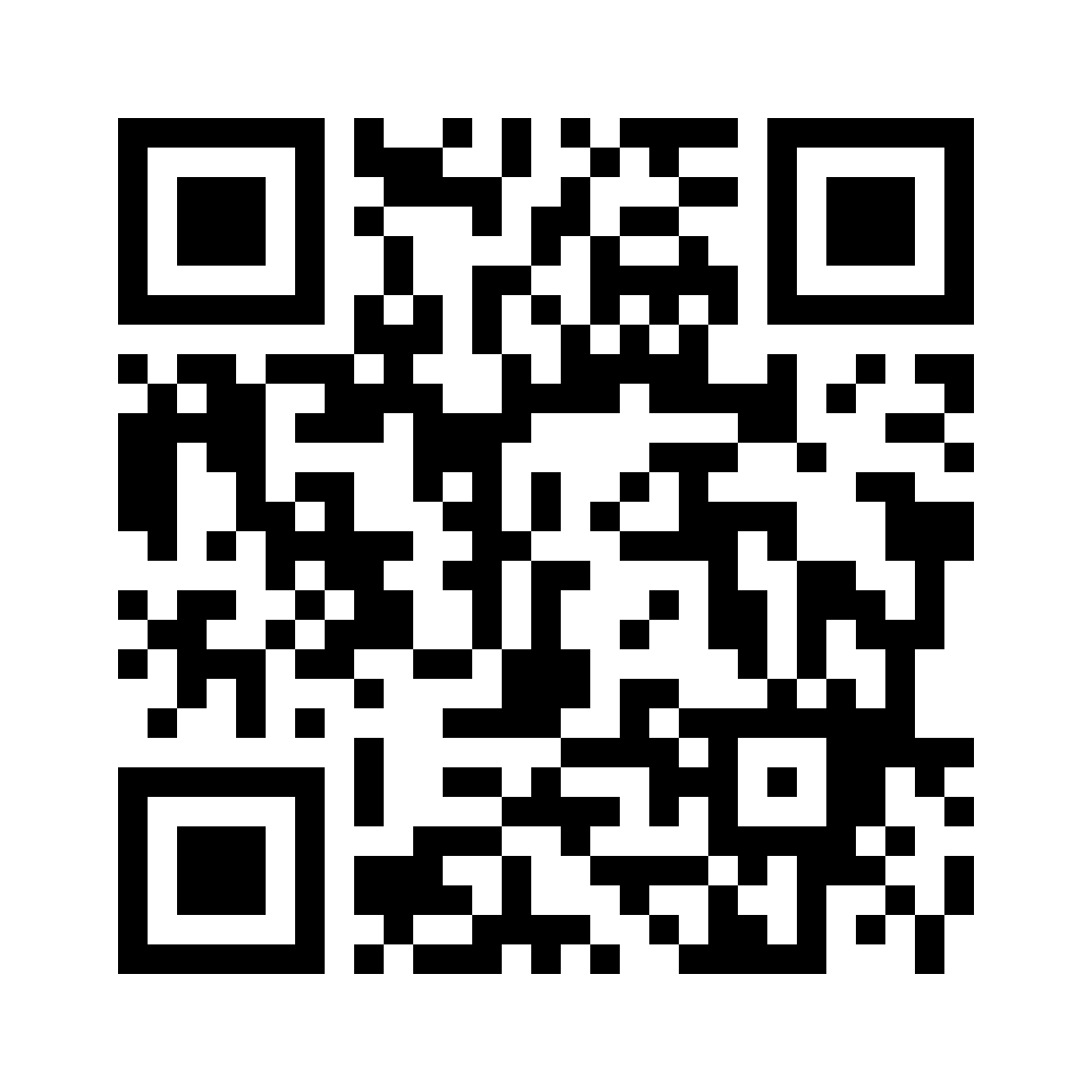According to management theory, an enterprise's infrastructure includes four important elements: people, processes, organizational structure and technology. When one of the four factors changes, the other factors will influence and change, creating a new equilibrium for the business. Technology 4.0 is present more and more in life and business. Human resource management is one of the four key components mentioned above that will change a lot in the near future under the influence of technologies. Human resource management will change the core from profound changes as follows:
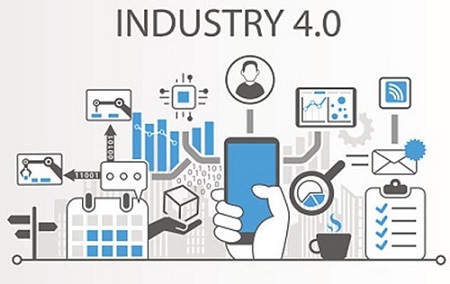
1. Changing business models and processes
Technology has helped streamline organizational structures by directly connecting customers to manufacturing business processes such as technology taxis. Besides, the increasing automation of deployment in business processes also changes interactions and processes in enterprises. HR professionals need to integrate HR functions faster, directly into combat with functions in operation. Human resource activities need to be customer-oriented – employees inside the business as well as external customers of the company because customers directly and urgently request them to the business. HR professionals need to be more proactive in implementing their expertise instead of waiting to respond to external challenges. Real-time response is an important challenge stemming from changing paradigms and processes in the 4.0 era for HR professionals. The measurement software will notify about the employee's underperformance, and the HR specialist on duty will have to do something right away to solve the immediate situation.
2. Open organizational structure – sharing economy
Technological changes have made the business model more open and shared than ever before. Human resources in the enterprise will include many diverse types, not only as contract employees. The relationship between enterprises and employees will change from being legally binding – a contract to being binding on the commitment to perform the work and the principle of sharing work and sharing profits. The reason why businesses can adopt changed models compared to the past is that technology allows to measure, calculate and specifically identify the contribution between businesses and employees in real time. HR professionals who need to rethink human resource management include corporate employees and external employees.
3. Focus on high-value-added professional work groups
Gioi Gioi Di Dong in a recent conference announced that it only needs 2 employees to calculate wages for more than 31,000 employees at the enterprise. That shows that the administrative tasks in human resources will be replaced by technologies. For example, in recruitment, recruitment forms will be reduced due to the application of recruitment management. Trainers will focus on designing and evaluating course effectiveness when students can learn on their own through open courses on Coursera or other sources. The human resource assessment will be much less administrative when there are performance evaluation software on smartphones in real time. HR professionals will spend most of their time teaching employees how to optimize and maximize their own performance. HR professionals need to self-study and upgrade their own job values to prepare for major changes in the 4.0 revolution.
4. Big data and human resource quantification
Not being able to measure means not having good governance. Quantifying all aspects of management has always been the dream of business administrators. Big data and computer systems have made the dream of human resource management come true. Until now, problems in human resources have been difficult to quantify through data such as employee engagement, development ability, and job satisfaction. Now through big data and 4.0 technologies, we can digitize these issues. Through centralizing data on social networks, email exchanges, corporate intranets, KPI systems, etc., businesses have a warehouse of employee data. Based on that data, businesses can use it to analyze and make judgments and forecasts about each individual employee. Centralizing data, analyzing and providing personalized HR solutions for each employee is the very near future of HR work.
5. Artificial intelligence
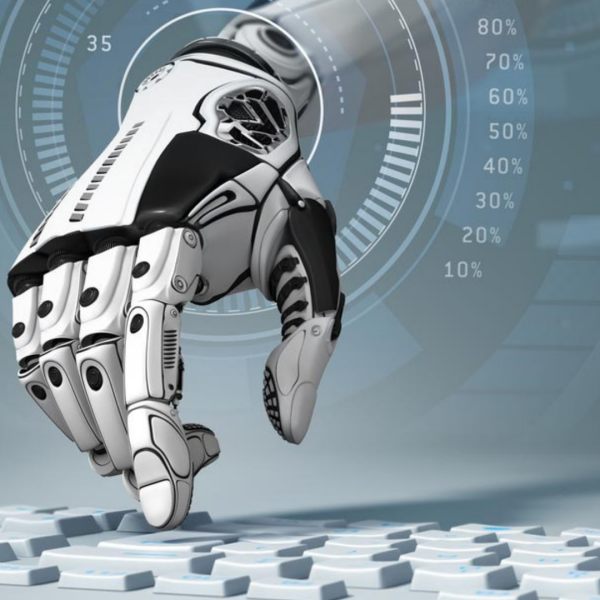
Along with big data is artificial intelligence in human resource management. It can be said that artificial intelligence and big data are the perfect pairing that completely changes the picture of the HR profession.
Artificial intelligence applied together with big data will replace human resources tasks such as recruitment, evaluation, training, development and employee engagement.
AI will do the heavy lifting for HR professionals and leave the decision-making power and handling options to HR professionals. For example, AI will automatically check, screen and analyze to give a list of 5 % employees most likely to leave within the next 6 months and options for these employees. HR specialists
will decide which option and how to implement it with each employee on this list. Artificial intelligence AI can automatically analyze the activities of sales staff and make automatic recommendations on training so that trainers can decide how to implement training programs in the business. Karma.
6. Labor Management 4.0
Connected Citizen - Connected Citizen is a term to describe citizens of the 21st century. When connected like this, human resources will face many uncertainties and bad information in life. Human resource management in the 21st century will focus more on helping human resources in the enterprise 01- Managing life balance against life pressure 02- Managing spiritual energy 03- Career management helps for employees to prepare to change with future career paths. HR professionals are not only responsible for human resources at work, but also have a responsibility to help them in their daily technological lives.
7. Training and developing new working competencies
Technology 4.0 changes the way individuals work and interact. The competency framework in the 4.0 era has changed and supplemented a lot. HR professionals need to focus and develop training programs for these new working competencies for employees in the enterprise. The new capacity group consists of two sub-groups - one group is new capabilities in 4.0 and the other group includes old capabilities but of increased importance in the coming time. The new group of competencies includes: information management, relationship management, community governance, use of assistive technology, ecosystem approach and sharing economy thinking. The group of competencies of increasing importance is innovation, coordination, critical thinking, self-management, planning, and customer thinking.
The president of Samsung said "Change everything but your wife and children". Human resources professionals who need to understand 4.0 technology have really begun to change the HR profession. The speed, intensity and scope of the 4.0 revolution will be greater and faster than other revolutions of the past. Work is neither born nor destroyed; it just changes from one form to another. In all revolutions there will always be two groups – the first that understands and overcomes the challenge and the second that does not and stays behind. The changes have been stated very clearly, the problem of adapting to technology 4.0 is in the hands and minds of the human resources expert community.
Source: Tuan Anh Vu – Startup and Innovation Expert – Founder of recuitment.com.vn
